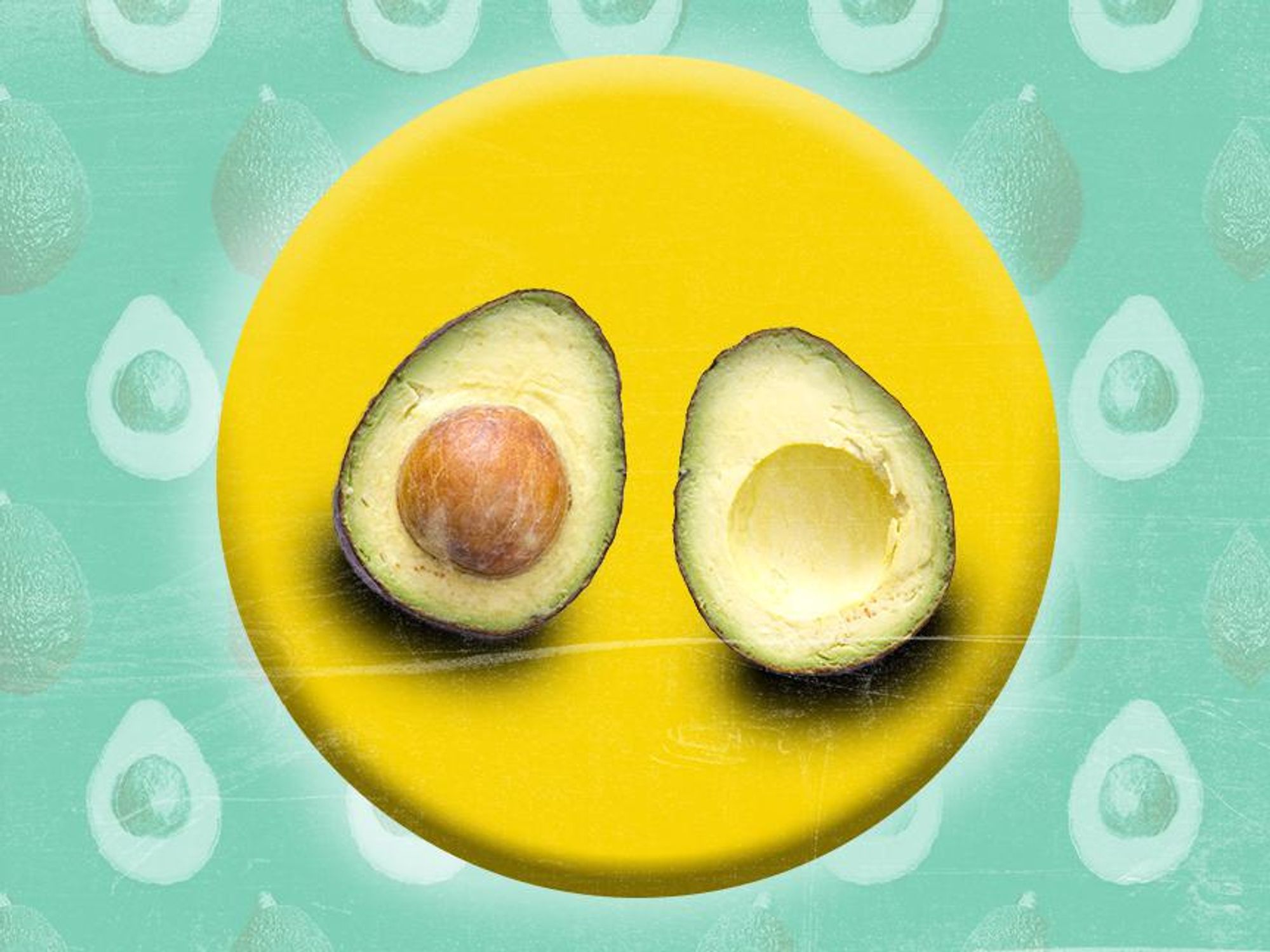Apeel Sciences Wants To End Food Waste by Extending the Shelf Life of Your Produce
David Shultz reports on clean technology and electric vehicles, among other industries, for dot.LA. His writing has appeared in The Atlantic, Outside, Nautilus and many other publications.

California is famous for its avocados, and avocados are a famously fickle fruit, ripe one moment and a ball of brown sludge the next.
Apeel Sciences is out to change that. The food science company has spent nearly a decade perfecting an edible coating that can be applied to fruits and vegetables to extend shelf-life by days, weeks or even months.
Slowing down the natural decay process offers benefits to consumers, certainly, but it also reduces food waste, and allows growers and vendors more flexibility in how they transport and sell produce.
Food waste is a massive global problem. By some estimates, a third or more of all food (valued at roughly $2.6 trillion) is thrown out — enough food to feed 3 billion people. Cutting food waste entirely could reduce greenhouse gas emissions by as much as 8%.
For Jenny Du, Vice President of Operations and co-founder of Central Coast-based Apeel, the company's vision represents a perfect mixture of environmental and humanitarian impact.
Du was born and raised in Canada and initially began her career working to develop film-forming technologies that could be used to protect fiber optic sensors to detect water pollution. For her post-doc work, she was drawn to the University of Southern California-Santa Barbara for its photovoltaic research programs. It was there that she met her friend and eventual co-founder James Rogers.
"James had been working on this idea in the background and had pitched it at a UCSB New Venture Competition," said Du, referring to the school's annual contest where students and faculty work together to launch new businesses. "As he talked about the need and the inspiration for the technology, personally it hit some important notes. For me it was about, 'How do I put my energies towards meaningful work?'"
For produce especially, getting products to consumers before it spoils relies on complex global supply chains. Some foods, like asparagus, are only ripe for a few days, meaning they have to be transported by air instead of on a cargo ship, drastically increasing their carbon footprint.
Apeel's technology works by reinforcing the existing outer layer of fruits and vegetables—the peel, in other words. Produce spoils as the plant's cells lose water and oxidize. The peel slows this process down, but not indefinitely.
"All plants were underwater at some point, but then they evolved to be surface level, terrestrial plants. In order for that to happen, they needed the formation of a peel," explained Du. "With that in mind you think about what that peel is made of."
Using the natural properties of the peel as a guide, scientists at the company have created edible, plant-based coating that dramatically extend shelf lives for eight different types of fruits and vegetables. And people are taking notice.
"This type of technology could be a 'game-changer' if these perishables have a longer shelf life," said Pedro Reyes, an associate professor of operations and supply chain management at Baylor University. Produce often requires refrigeration to extend its life. If that food could just sit on the shelf, it may ease the demands on energy, logistics and warehousing that could ripple throughout the supply.
Apeel produce is available in thousands of grocery stores in six different countries and the company claims its coating technology has saved more than 69 million pieces of produce from being wasted. Its success has attracted $360 million of investment to date, led by such heavy-hitters as the Bill & Melinda Gates Foundation, Viking Global Investors, Andreessen Horowitz and Upfront Ventures. In 2020, the 467-person company was valued at over $1 billion.
The company's strategy moving forward is relatively simple: Get more produce into more stores and expand into new types of fruits and vegetables. In the U.S., it has partnered with Kroger as part of their Zero Waste Zero Hunger initiative, which aims to reduce food waste and eliminate hunger in hundreds of communities across the country. But it enjoyed the greatest success in European markets, which Du attributes to the European Commission's climate-focused policies (a partnership with the Danish produce wholesaler Nature's Pride doesn't hurt either).
Apeel is hoping to move into emerging markets in Africa and Asia, as reflected by their recent partnership with the World Bank-owned International Finance Corporation, which specializes in creating economic growth in the developing world.
It's also looking to expand its reach into other parts of the supply chain. In May this year, Apeel acquired San Francisco-based ImpactVision, a company that specializes in hyperspectral imaging—a technique that allows users to see inside produce and can reveal the food's ripeness and details about nutritional content. It's all part of Apeel's drive to more precisely align supply with demand.
"We see a future in providing more digital solutions and being a more embedded partner to players in the supply chain," Du said. "So now that they have the edible coating and shelf-life extension technology, how do you make decisions? What do you do with that additional time?"
Lead art by Ian Hurley.
David Shultz reports on clean technology and electric vehicles, among other industries, for dot.LA. His writing has appeared in The Atlantic, Outside, Nautilus and many other publications.



 Image Source: Skyryse
Image Source: Skyryse
 Image Source: Northwood Space
Image Source: Northwood Space